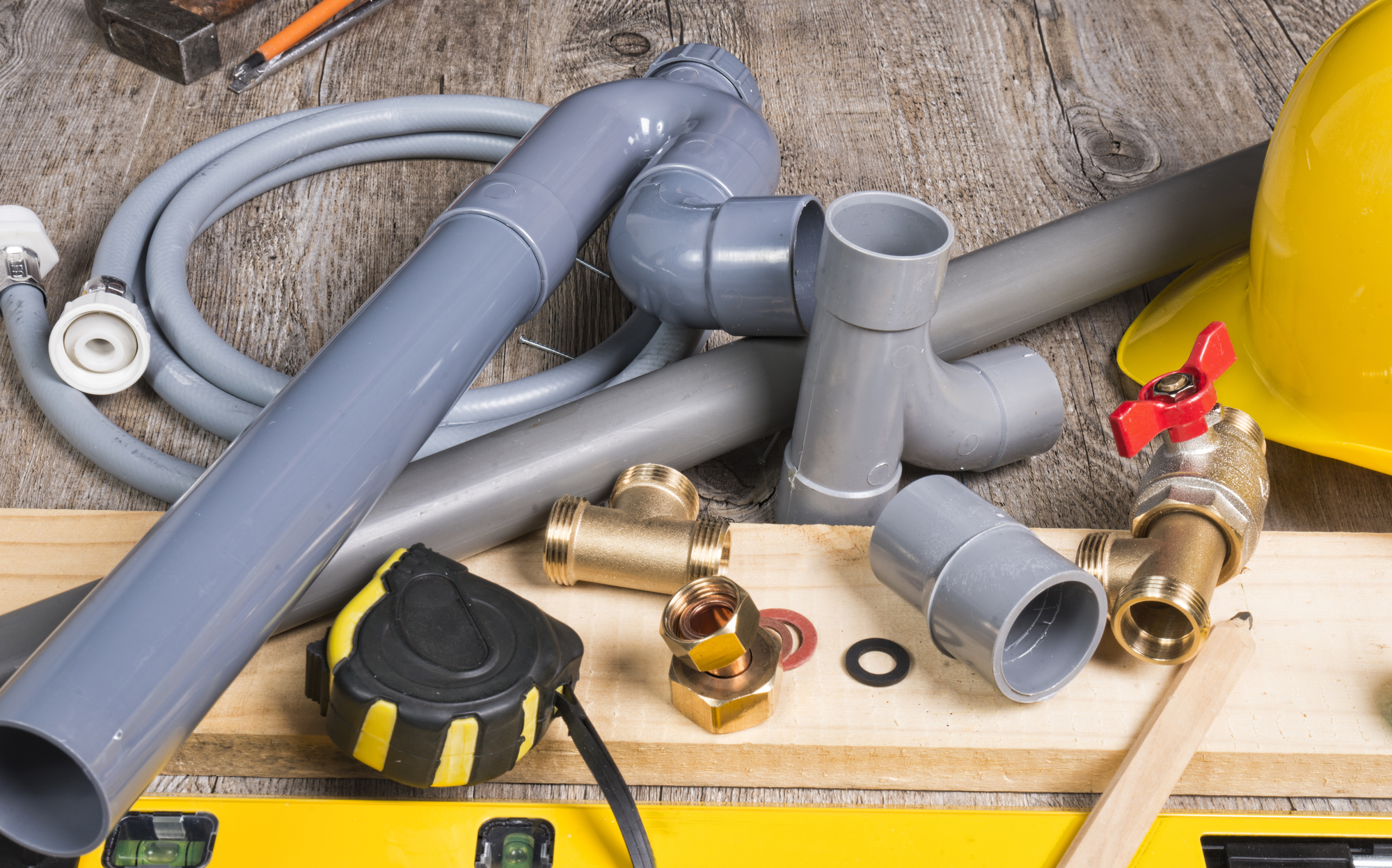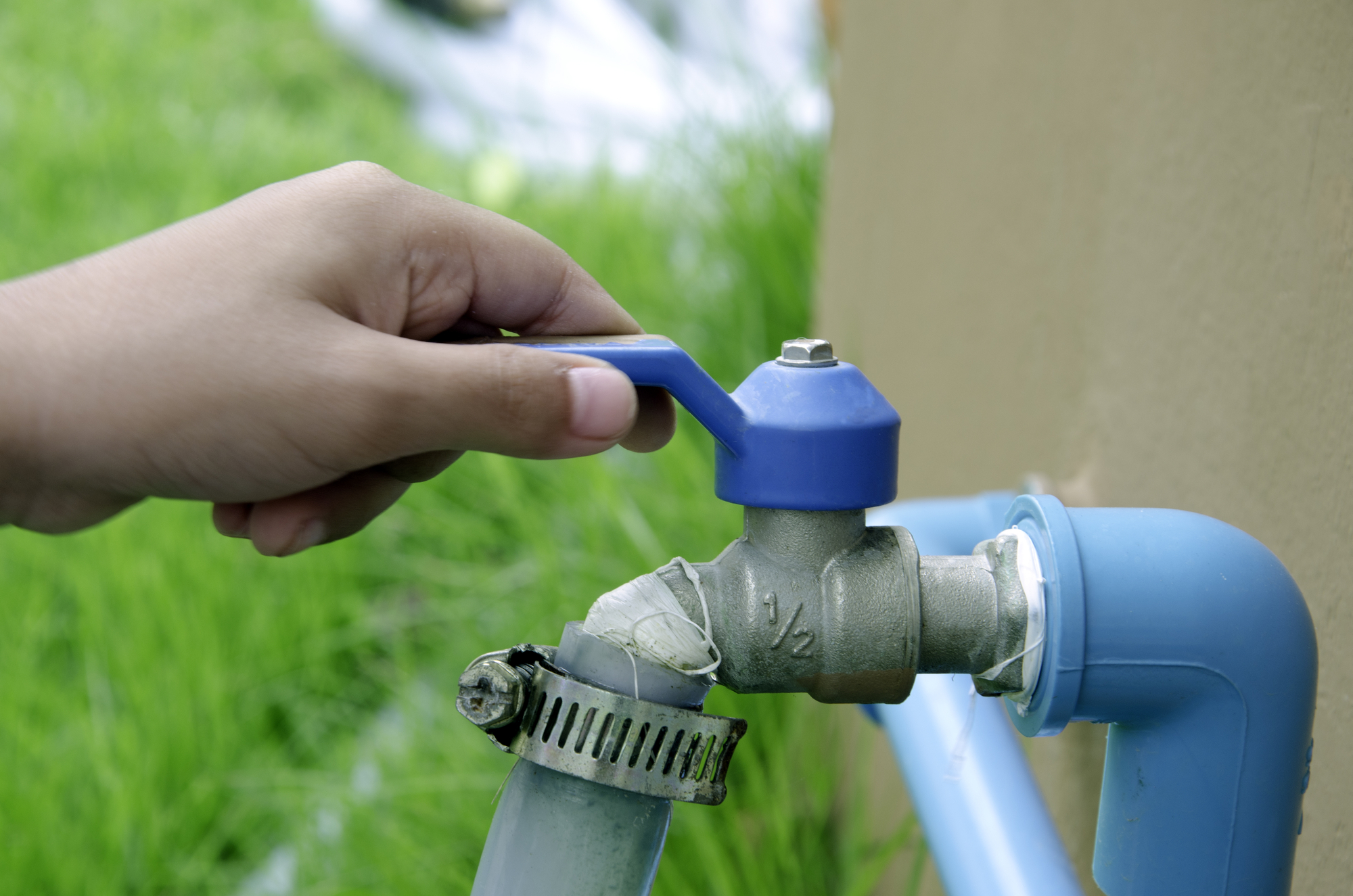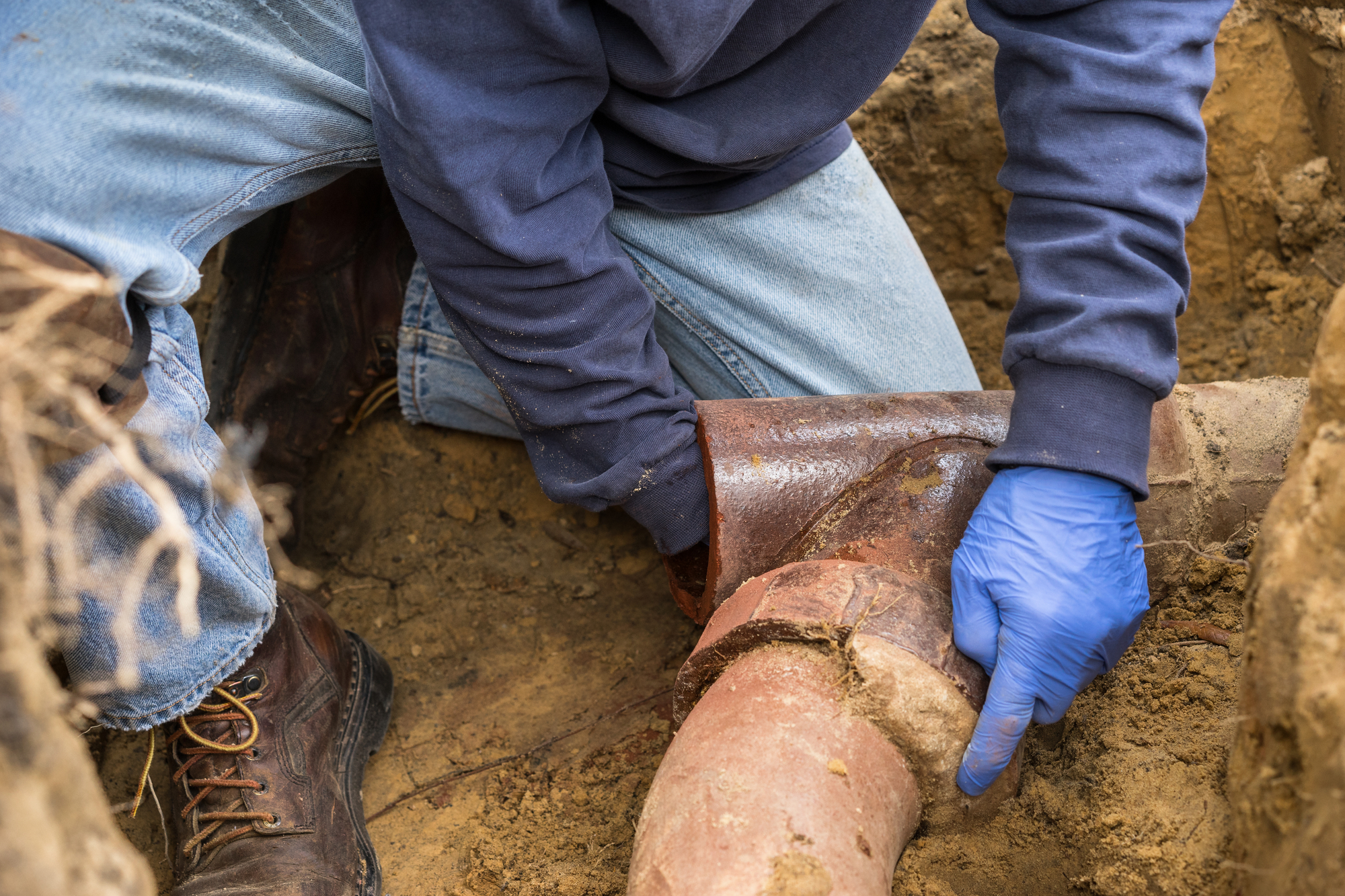Safe Piping Matters, a plumbing industry advocacy group, recently released a new report on the importance of firestopping pipe penetrations. Firestop refers to the systems designed to contain fire, smoke, and toxic gases in the event of a fire. In the plumbing industry, it is essential to ensure that firestop systems are installed correctly to prevent the spread of fire and safeguard lives, property, and the environment.
In the Safe Piping Matters report, they emphasized the importance of firestopping systems in plumbing applications. Home and business owners often overlook this critical aspect of plumbing installation, which may cause devastating consequences. The report discusses various firestop materials, systems, and installation procedures that plumbing contractors should follow for optimal fire safety in a building.
In general, plumbing pipes penetrate floors, walls, and ceilings of a building to provide heating, cooling, and water supply. These penetrations create openings that serve as air ducts, electric wires, and other utility systems behind the wall. In the event of a fire, these openings are pathways for fire, smoke, and toxic fumes to spread from one room to another, which in return then becomes hazardous for everyone in the building.

For this reason, firestopping of pipe penetrations should be an essential component of any plumbing system. Safe Piping Matters classify firestop products into two broad categories: flexible and rigid. Flexible firestop systems use sealants such as putties, foams, and sprays to fill voids around pipes, wires, and ducts, while rigid firestop systems use collars, boots, and wraps to limit the spread of fire. Additionally, there are specialty firestop systems specifically created for unique plumbing and HVAC applications.
Safe Piping Matters urges plumbing professionals to follow strict firestop installation guidelines. It begins with a survey of the job site to determine the correct system required before choosing the right firestop product. Further, pipes must be installed carefully with structural steel members and concrete walls wrapped with fire-resistive materials before making the firestop.
Ensuring firestop compliance is critical for building managers and owners who are responsible for ensuring the safety of their occupants. As a trusted plumbing contractor, it is crucial to maintain comprehensive knowledge of local fire codes and standard firestop practices when installing plumbing systems to ensure firestop applications are up to code.

In conclusion, proper firestop practices when installing plumbing systems can save lives and property. Building management, plumbing professionals, homeowners, and other stakeholders must take the necessary precautions to minimize the potential for fire and damages. Safe Piping Matters report should prompt contractors or property owners to double-check their plumbing and HVAC systems and set an appointment with Safe Piping Matters-accredited contractors to verify firestop systems’ compliance and safety.
Additionally, Safe Piping Matters-accredited contractors must embrace these new findings in their standard plumbing processes and communicate the importance of firestops to property owners, homebuyers, and renters to create awareness and to prioritize the installation of firestops in their homes and apartments.
If you require assistance with your plumbing systems or would like more information on firestop applications, visit aceplumbingrepair.com or give us a call at (844) 711-1590, and we’ll be happy to assist you with your plumbing-related inquiries.






